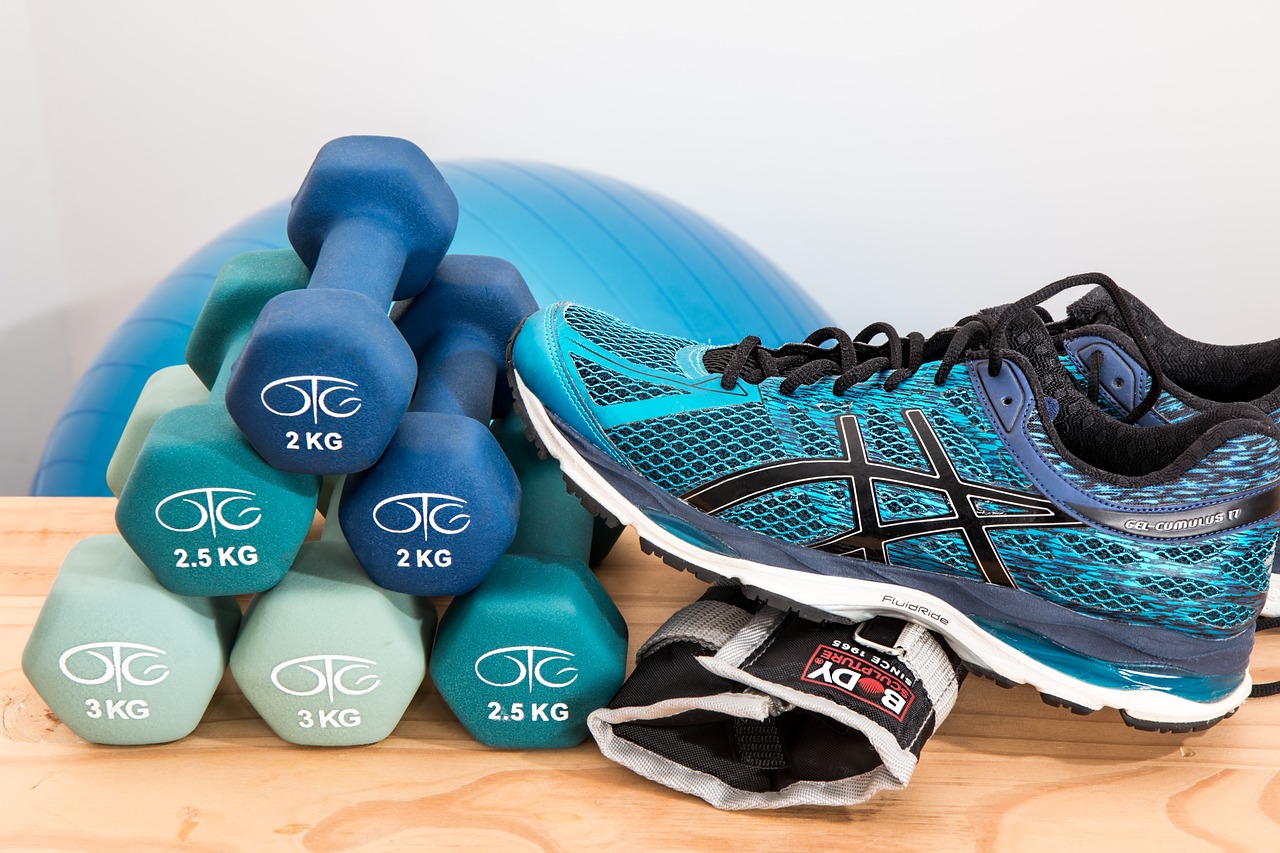It’s a common perception that maintaining a healthy lifestyle is expensive. But in my experience, unhealthy habits like drinking, smoking, and eating fast food are more costly than looking after your health, both in the short and long run.
Buying sodas, cigarettes, and drive-thru burgers costs more than drinking water and cooking nutritious food at home. Plus, these lifestyle choices can put you at risk of costly medical problems down the road.
Although I’m far from perfect, I try to lead a healthy lifestyle to save money now and in the future. Here are four healthy habits I’ve adopted that have lowered my monthly spending.
Drinking Lots of Water
Water is my beverage of choice because it’s thirst-quenching, healthy, and free. I have an artesian well that supplies my home with fresh water, so I don’t have a water bill. Sometimes I start my day with a cup of green or black tea. But besides that, I usually stick with water.
About half of Americans have one sugar-sweetened beverage per day. Soda and flavored coffee are not only more expensive than water, but also worse for your health. The average person consumes two to three times the daily recommended amount of added sugar.
Eating too much sugar can put you at risk of developing chronic diseases like diabetes, which can lead to increased medical costs. So if you want to save money now and in the future, consider cutting back on soda and sipping on water instead.
Working Out at Home
Another healthy habit that saves me money is working out at home. Although I spent a couple hundred dollars getting my home gym set up, exercising at home is much less expensive than going to my local gym.
Because I live in a rural area, the nearest gym is 30 minutes away, so it takes a lot of gas to get there. Plus, the cheapest membership costs about $50 per month. Because my local gym is pricey, I broke even on the cost of my home gym setup within a few months. However, it may be cheaper for you to join a gym if you can snag an affordable $10 or $20 membership.
Whether you work out at home or at the gym, exercising is great for your health and finances in the long run. Staying fit can keep you out of the doctor’s office and help you secure lower life insurance rates.
Exercising is also a fun, low-cost hobby that keeps me occupied. Boredom is a major cause of impulse buying and overspending for me, so it’s essential that I stay busy. Working out gives me something more active to do than vegging out in front of the TV and helps me avoid costly pastimes like shopping.
Eating Healthier
Processed foods like cake, cookies, chips, and soda are some of the most expensive items in the grocery store. Once I started shopping the perimeter of the supermarket to eat healthier, I was surprised by how much my food spending dropped.
Before my partner and I switched to a healthy plant-based diet, we used to spend upwards of $200 per week on groceries. Now we can fill our fridge with veggies, tofu, and berries for about $80 a week. Plus, using nutritional supplements such as Bio X4 can help to increase the number of vitamins and healthy ingredients in my diet at only minimal extra cost.
Dieting and trying to lose weight has also lowered our food costs. So far I’ve shed about ten pounds by counting calories. Weighing everything I eat has opened my eyes and shown me just how much I was overeating before. Now that I know what a healthy portion size looks like, my leftovers and groceries stretch much further.
Seeing a Therapist
Taking care of my mental health by seeing a therapist has also paid dividends. It only costs me about $40 per month to see my therapist, which is well worth it. Working on my mental health and money-related anxiety has enabled me to make better financial decisions. I used to shop as a way to deal with stress, but therapy has helped me find healthier coping mechanisms and avoid overspending.
Do you have any healthy lifestyle habits that have helped you save money? Let me know in the comments below!
Read More
How I Cut Down My Grocery Budget and Waste Less Food
10 Healthy and Cost-Friendly Ways to Invest In Yourself

Vicky Monroe is a freelance personal finance and lifestyle writer. When she’s not busy writing about her favorite money saving hacks or tinkering with her budget spreadsheets, she likes to travel, garden, and cook healthy vegetarian meals.
